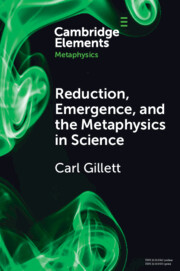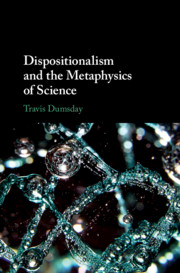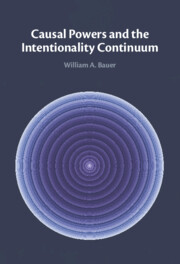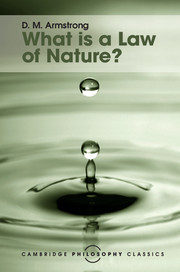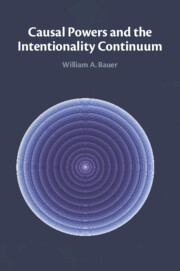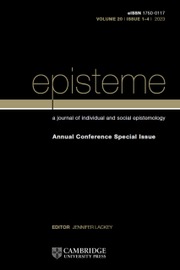Reduction, Emergence and the Metaphysics in Science
This Element offers a fresh treatment of the two cycles of reduction-emergence debates in the sciences and their 'reductionist' and 'emergentist' positions. It suggests philosophers have neglected the compositional models/explanations, and 'endogenous' kind of metaphysics, central to these debates. It highlights how such endogenous metaphysics underpins what is termed the 'Dynamic Cycle,' by which scientists develop novel ontological concepts to underwrite new models/explanations to solve scientific problems. And it subsequently shows that the 'reductionist' and 'emergentist' views in the scientific debates follow the Dynamic Cycle. In the first cycle of debates, in the early twentieth century, the Element outlines how 'everyday reductionism' pioneered a novel family of compositional models/explanations in one of the most successful research movements in twentieth-century science. And, in present debates, it frames contemporary emergentist positions offering ontological innovations, underwriting new families of models, to address problems at the cutting-edge of twenty-first-century science.
Product details
March 2025Paperback
9781009087599
92 pages
229 × 152 × 5 mm
0.149kg
Available
Table of Contents
- 1. Introduction
- 2. Revisiting the variety, nature, and development of ontic models/explanations
- 3. The twentieth century's great reductionist movement and its search for compositional explanations
- 4. The other reductionist movement: Appreciating fundamentalism
- 5. Challenging compositional cases: ongoing problems in contemporary science
- 6. Scientific emergentism and its mutualist revolution
- References.

